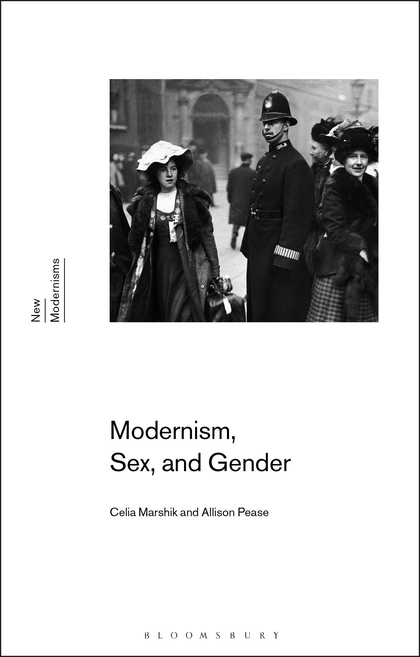Make Modernist Sexes, Genders, and Sexualities New
DOI:
https://doi.org/10.22029/ko.2020.1035Abstract
The goal of Modernism, Sex, and Gender by Celia Marshik and Allison Pease is to introduce readers and researchers to a debate about modernism spanning over a century in which sex, gender, and sexuality played and still play a constitutive role in the processes of understanding modernism. It does so by tracing how the changing ideas of gender and sexuality in concatenation with the recovery of forgotten, mostly women, authors altered the course of the conceptualizations of modernism in literary criticism, beginning with T. S. Eliot and F. R. Leavis, through the landmark studies of the second wave feminism, all the way through to the last two decades. One of the greatest achievements of Modernism, Sex, and Gender is its meticulous recording of the conjunction of shifts in modernist, as well as feminist criticism, queer theory, and masculinity studies, all of which – from a multitude of viewpoints – prove that sexes, genders, and sexualities are not only one of the many thematic interests of modernist criticism, but unavoidable and central to the very definition of modernism, despite its changes during the decades.
References

Published
Issue
Section
License
All articles (not book covers) in KULT_online from issue 50 on are published under the license Creative Commons Attribution 4.0. All published articles may be reused under the conditions of the license, particularly for commercial purposes and through editing the article (Human-Readable Summary). All authors (have) permitted the publication under the above mentioned license. There is no copyright transfer towards KULT_online. For all book covers specific rights might be reserved, please contact the respective publisher for any lawful reuse. All contributions published in issue 1-49 of KULT_online are free available online and protected by the German Copyright Law.



